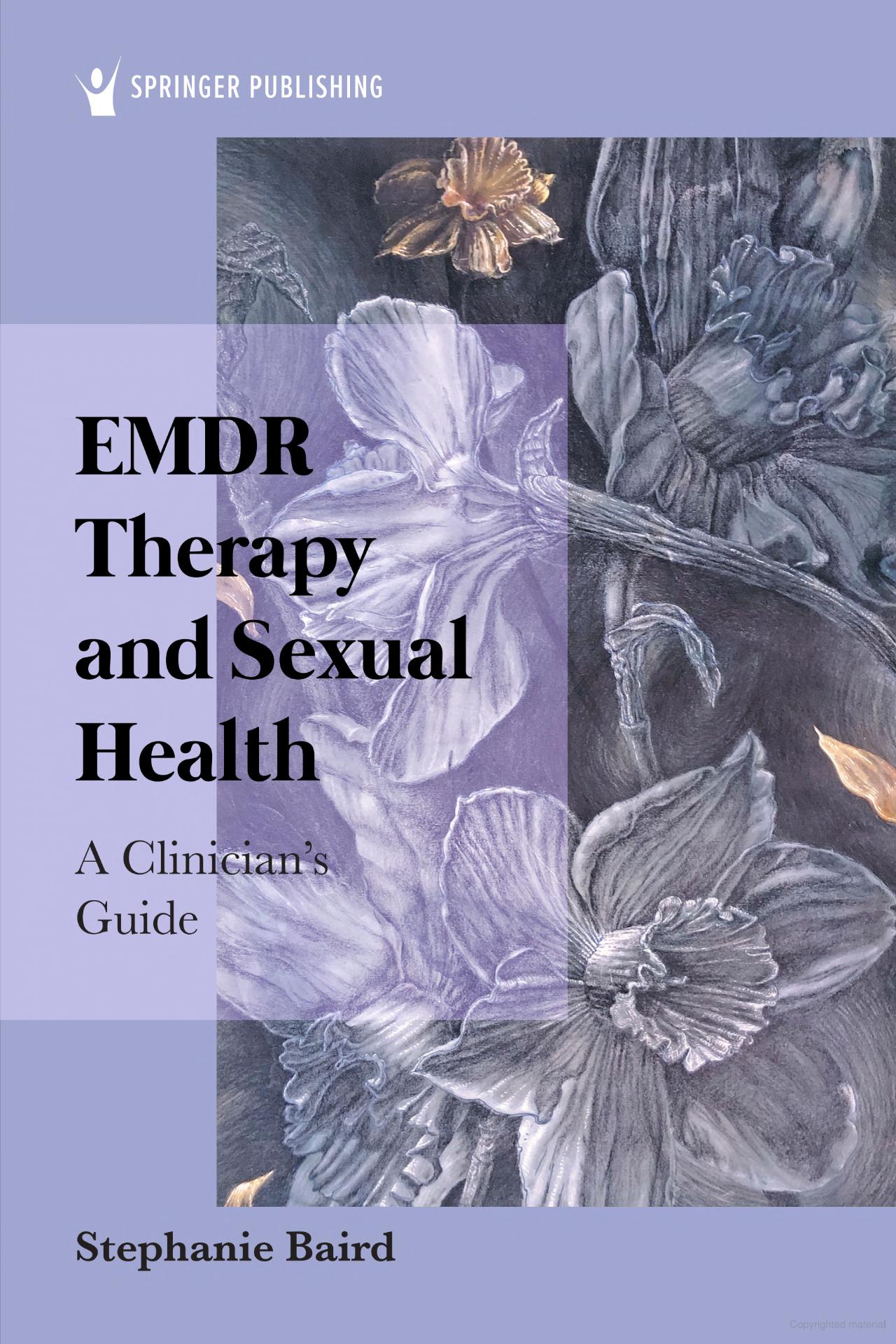The effectiveness of EMDR with adult female survivors of childhood sexual abuse
A randomized experimental evaluation found support for EMDR in reducing trauma among adult female survivors of childhood sexual abuse.
Article Abstract
“A randomized experimental evaluation found support for the effectiveness of eye movement desensitization and reprocessing (EMDR) in reducing trauma symptoms among adult female survivors of childhood sexual abuse. Fifty-nine women were assigned randomly to one of three groups: (1) individual EMDR treatment (six sessions); (2) routine individual treatment (six sessions); or (3) delayed treatment control group. A MANOVA was statistically significant at both posttest and follow-up. In univariate ANOVAs for each of four standardized outcome measures EMDR group members scored significantly better than controls at posttest. In a three-month follow-up, EMDR participants scored significantly better than routine individual treatment participants on two of the four measures, with large effect sizes suggestive of clinical significance.”
—Description from publisher
Article Access
Purchase/Subscription Required
Edmond, T., Rubin, A., & Wambach, K. G. (1999). The effectiveness of EMDR with adult female survivors of childhood sexual abuse. Social Work Research, 23(2), 103-116. https://doi.org/10.1093/swr/23.2.103
Date
June 1, 1999
Creator(s)
Tonya Edmond, Allen Rubin, Kathryn G. Wambach
Topics
Abuse/Neglect, Childhood Trauma, Sexual Trauma
Practice & Methods
Efficacy
Publisher
Oxford University Press
Rights
© 1999, National Association of Social Workers, Inc.
APA Citation
Edmond, T., Rubin, A., & Wambach, K. G. (1999). The effectiveness of EMDR with adult female survivors of childhood sexual abuse. Social Work Research, 23(2), 103-116. https://doi.org/10.1093/swr/23.2.103
Audience
EMDR Therapists, Other Mental Health Professionals
Language
English
Content Type
Article, Peer-Reviewed, RCT
Access Type
External Resource





